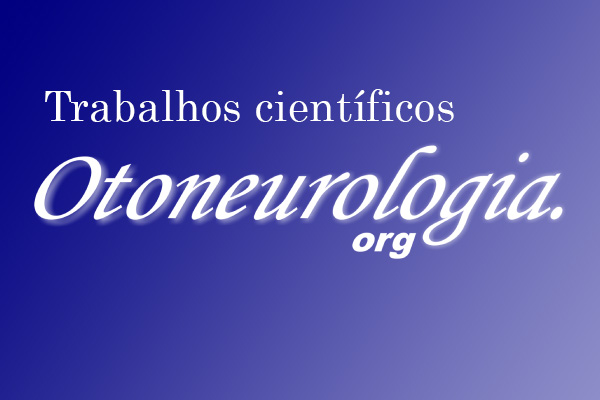Eliane Maria Dias von Söhsten Lins
Roseli Saraiva Moreira Bittar
Paulo Rodrigo Bazán
Edson Amaro Júnior
Jeffrey Paul Staab
Abstract
Introduction Persistent postural-perceptual dizziness (PPPD) is a functional vestibular disorder characterized by chronic dizziness, unsteadiness, and hypersensitivity to
motion. Preexisting anxiety disorders and neurotic personality traits confer vulnerability to PPPD. High anxiety during acute vertigo or dizziness incites it. A functional
magnetic resonance imaging (fMRI) study of chronic subjective dizziness found unexpectedly hypoactive responses to vestibular stimulation in cortical regions that
integrate threat assessment and spatial perception.
Objective This fMRI study used non-moving, but emotionally charged visual stimuli to investigate the brain’s activity of PPPD patients and control subjects.
Methods The participants included 16 women with PPPD and 16 age-matched women who recovered completely from acute episodes of vertigo or dizziness capable of triggering
PPPD. Brain responses to positive, neutral, and negative figures from the International Affective Picture System were measured with fMRI and compared between the groups.
Dizziness handicap, anxiety, and depression were assessed with validated questionnaires.
Results Between group analyses: Participants with PPPD showed reduced activity in anterior cingulate cortex and increased activity in left angular gyrus in response to
negative versus positive stimuli, which was not observed in recovered individuals.
Within group analyses: Participants with PPPD had increased activity in visuospatial areas (parahippocampal gyrus, intraparietal sulcus) in negative versus positive and
negative versus neutral contrasts, whereas recovered individuals had increased activity in anxiety regions (amygdala, orbitofrontal cortex).
Conclusion Patients with PPPD may be more attuned to spatial elements than to the content of emotionally charged visual stimuli.
Veja o texto completo em: https://www.thieme-connect.com/products/ejournals/abstract/10.1055/s-0040-1716572




